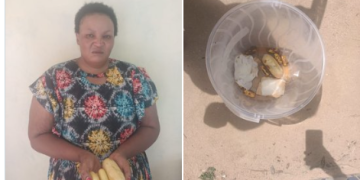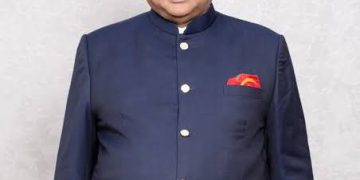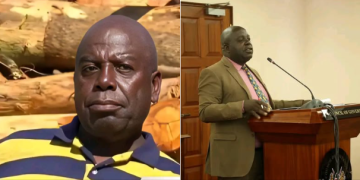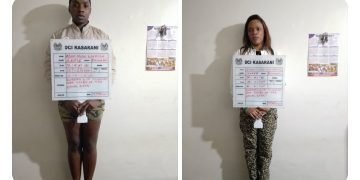For both younger and older generations, the name Wallah bin Wallah conjures up pleasant recollections of the primary school author of a number of Swahili textbooks.
Nearly all of the nations in East Africa have felt the effects of his influence beyond national boundaries. Wallah’s skill and reach are unmatched, from writing a number of textbooks to assisting with the translation of Tanzania’s updated constitution.
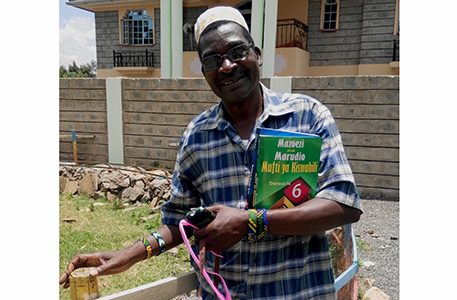
Additionally, the author moved from receiving Ksh300 per month as a primary school Swahili instructor to a staggering Ksh70 million per year in royalties.
His life began in 1956 in Mwanza, northern Tanzania, where Wallah was born and raised. Prior to spending two years from class at Bukumbi Primary School, the author attended Lukungu Primary School.
“After I finished my class seven exam, I was unable to proceed to high school due to lack of fees. Church missionaries took me in in 1972 and enrolled me at the Nyegezi Seminary School for one-and-a-half years,” he previously told Nation.
He had to leave school, though, because the Christian missionaries could no longer support him as a Muslim.
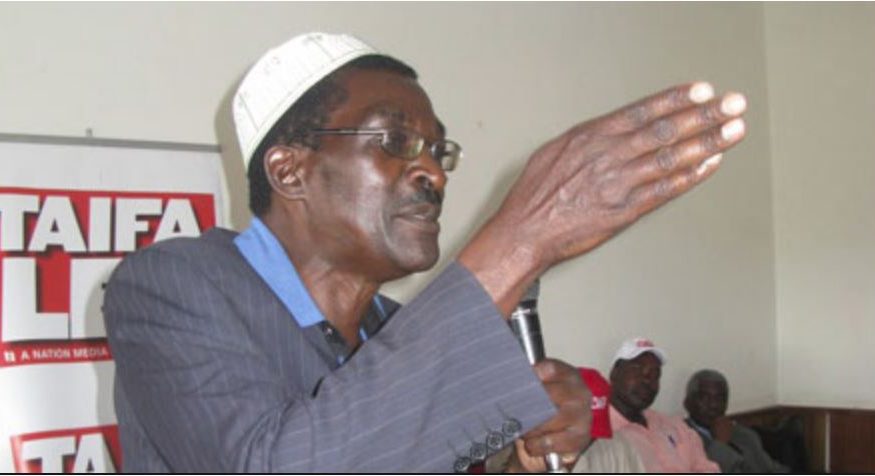
Before the Muslim Youth League supported him to attend secondary school in Nairobi, he briefly made a living selling fish between Mwanza and Kisumu.
After enrolling at Ravals Secondary School in Nairobi, Wallah struggled to pay his tuition because his sponsors could only afford to support him through Form Two, which forced him to return to his previous line of work.
“I started selling peanuts and vegetables in the streets. I would wake up at 3am, go to Marikiti, buy vegetables, keep them in my house and then rush to school. After school, I would pack the vegetables and sell them. Other times I would sell peanuts at the railway station,” he stated.
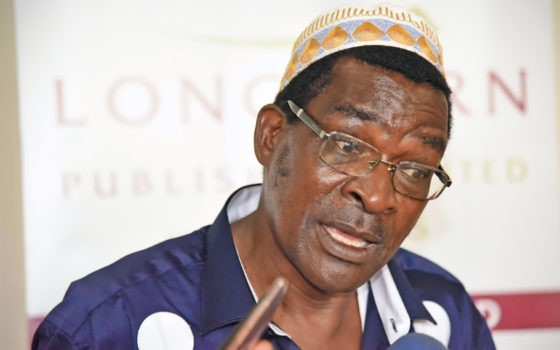
Wallah became passionate about Swahili and was able to complete Form Four with a command of the language. He was employed to teach Swahili.
“They told me to start teaching immediately. The pay was Ksh300 per month. This was a lot of money then.”
After completing Form Six, he enrolled in Morogoro Teachers Training College to continue pursuing his interest for tutoring. For three years, he was assigned to teach Swahili at Misiani Girl’s Secondary School.
He chose to change his name from Wallah Ndedah in the Luo language to Wallah bin Wallah because he wanted to become an author and was concerned about the negative effects of tribalism in Kenya (Wallah son of Wallah).
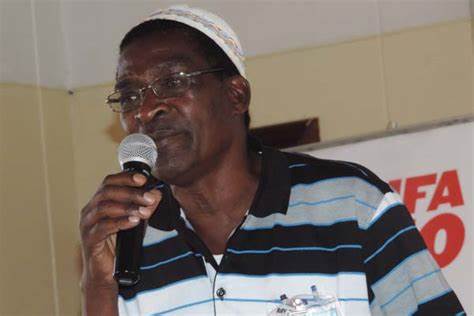
Later, he continued his education at the Zanzibar campus, where he focused on Arabic and Swahili. He was assigned to Moi Girls, Isinya, after arriving back in Kenya. He was afterwards transferred to Mbita High School. At the time, he published his first book, Malenga wa Ziwa Kuu, which served as a textbook in several universities for teacher preparation.
His second book, Taswira ya KCPE Kiswahili, was written in 1994, the same year he left the Teachers Service Commission (TSC). After Longhorn publishers begged him to produce Swahili course materials, the two novels he had published gave him a huge chance. This chance gave rise to the Kiswahili Mufti series, which spans classes one through eight. The Insha Mufti books were also written by him.
His books and art of writing had first received huge criticism from other Swahili scholars before it gained acceptance. Wallah also helped in translating the Tanzanian constitution alongside two other professors.
“If you want to succeed, you must find out what people have done and strive to do it differently and better. Don’t be a copycat. Develop your own style that stands out,” he acknowledged.
Wallah, who earns via royalties, gets paid an average of Ksh50 million annually – which he noted is a normal occurrence for him.
“Ksh50 million is just an average. It could be more or less. It could even go up to Ksh70 million or come down to Ksh30 million per year,” he stated.



